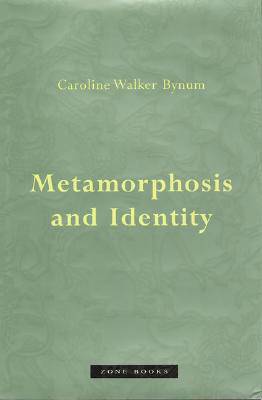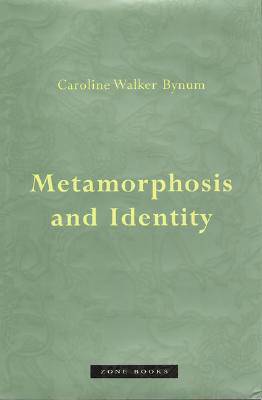
- Afhalen na 1 uur in een winkel met voorraad
- Gratis thuislevering in België vanaf € 30
- Ruim aanbod met 7 miljoen producten
- Afhalen na 1 uur in een winkel met voorraad
- Gratis thuislevering in België vanaf € 30
- Ruim aanbod met 7 miljoen producten
Zoeken
Omschrijving
In Metamorphosis and Identity, award-winning historian Caroline Walker Bynum explores the Western obsession with the nature of change and personal identity. Focusing on the twelfth and thirteenth centuries, but concerned as well with Antiquity and the twentieth century, Bynum confronts the question of why intellectuals, religious leaders, and ordinary people alike exhibited a precise and persistent desire to understand how the individual both changes and remains the same.
Examining shifting conceptions of change itself in the years around 1200, Bynum situates the intense medieval curiosity about radical or substantial change in the context of specific cultural and social developments. Two images of change -- hybridity and metamorphosis -- were prominent in imaginative literature, theology, the visual arts, and natural philosophy; these sites of competing and shifting understandings each entailed different anthropological and psychological assumptions. As Bynum demonstrates in the four essays of Metamorphosis and Identity, the fascination with boundary crossing and alterity reveals an effort across different genres to delineate the regularity of nature and to establish a strong sense of personal identity, perduring even beyond the grave. Included as the final chapter of Metamorphosis and Identity is Bynum's 1999 NEH Jefferson Lecture, the highest honor given by the U.S. government to a scholar in the humanities.Specificaties
Betrokkenen
- Auteur(s):
- Uitgeverij:
Inhoud
- Aantal bladzijden:
- 288
- Taal:
- Engels
Eigenschappen
- Productcode (EAN):
- 9781890951238
- Verschijningsdatum:
- 10/04/2005
- Uitvoering:
- Paperback
- Formaat:
- Trade paperback (VS)
- Afmetingen:
- 150 mm x 226 mm
- Gewicht:
- 453 g

Alleen bij Standaard Boekhandel
+ 55 punten op je klantenkaart van Standaard Boekhandel
Beoordelingen
We publiceren alleen reviews die voldoen aan de voorwaarden voor reviews. Bekijk onze voorwaarden voor reviews.











